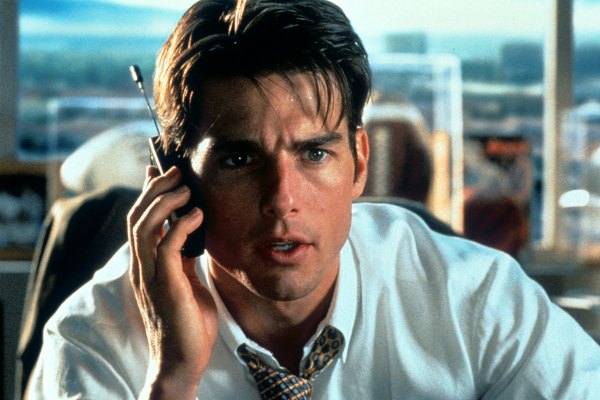There has been a lot of commentary on the privacy implications of the “10 year challenge” that’s been popular this month on Facebook, Twitter and Instagram.
This latest meme has people posting pictures of themselves now and from 10 years ago. In some cases — especially celebrities — it’s a way of bragging about how they haven’t aged. Others show signs of what nature can do to a human over the course of a decade.
I almost never participate in these memes and challenges and I never use third-party social media apps to answer questions that might tell me things like “what food matches your personality” or “which Game of Thrones character are you?” I always ask myself why some business would invest resources into creating something like this and what its ulterior motives might be.
In a tweet that she later expanded into an article, Wired writer Kate O’Neil wrote, “Me 10 years ago: probably would have played along with the profile picture aging meme going around on Facebook and Instagram. Me now: ponders how all this data could be mined to train facial recognition algorithms on age progression and age recognition.”
She’s right in pondering the question. It is generally a good idea to think about the implications of what we post and why anyone might encourage us to post it. And, when I was first questioned about this challenge by a radio interviewer, my reaction was to say “I don’t participate in Facebook memes and challenges, including this one.”
But then I thought about it for awhile and realized that there are already a lot of pictures of me on Facebook over the 13 years I’ve been using the service. And, although it’s true that Facebook could use its face recognition software and other algorithms to compare my looks from a decade ago until now, it could easily do that anyway because it has access to the photos I’ve posted or am tagged in, including the dates they were posted.
Facebook responded that “This is a user-generated meme that went viral on its own,” and that the company “did not start this trend,” and “gains nothing from this meme.” The company also reminds users that we can choose to turn facial recognition on or off at any time.
I believe Facebook on this one, mostly because it doesn’t need this meme to mine your data. It already has it. But I do think it’s legitimate to worry about what other parties might do with it, because it’s easily discoverable, especially if people used the #10YearChallenge with their photos.
In theory, it would be possible for an insurance company to note that you’re aging at a different rate than most people and use that information to decide whether to cover you or what to charge. But even that seems pretty far fetched to me, considering all the other data that’s out there about most of us. First of all, health insurance companies already have access to your medical history.
Plus, many people use club cards at grocery stores, which gives them a complete history of your food purchases. And even if you don’t use a club card, it’s possible to glean that data if you pay by credit or debit card. In theory, your insurance company could take note of how much ice cream, red meat or alcohol you buy as well as how often you go out to eat and what types of restaurants your patronize.
Could be used for good
Although it’s popular to speculate on all the shady things that could be done with these before-and-after pictures, it’s also worth speculating about how this data could be used for good.
Having millions of pictures of people 10 years apart is yet another example of “big data,” and while this information has been used to sell us things and even manipulate us, it can also be used for positive scientific and medical research. Imagine researchers correlating these pictures to publicly available data about people’s lifestyles and using it to better understand how our behavior affects aging (or at least our appearance of aging) over time. It’s not out of the question, even just with data on Facebook where people often post where or even what they eat, where they travel, their relationship status and so much more.
Yes, there are privacy implications on this type of research, and I would only be OK with it if it were sanctioned by a legitimate Institutional Review Board from a university or scientific organization. And I would want assurances that the data were anonymized. But, if it aided our understanding of the aging process, it could be a good thing.
So, even though I almost never participate in Facebook memes and had no plans to jump on this bandwagon, after researching the 10 year challenge, I decide to play along, especially after digging up a 10-year-old picture of myself and noticing that I actually am thinner, though grayer, than I was a decade ago.
Disclosure: Larry Magid is CEO of ConnectSafely.org, a nonprofit internet safety organization that receives support from Facebook, Twitter and other tech companies.










